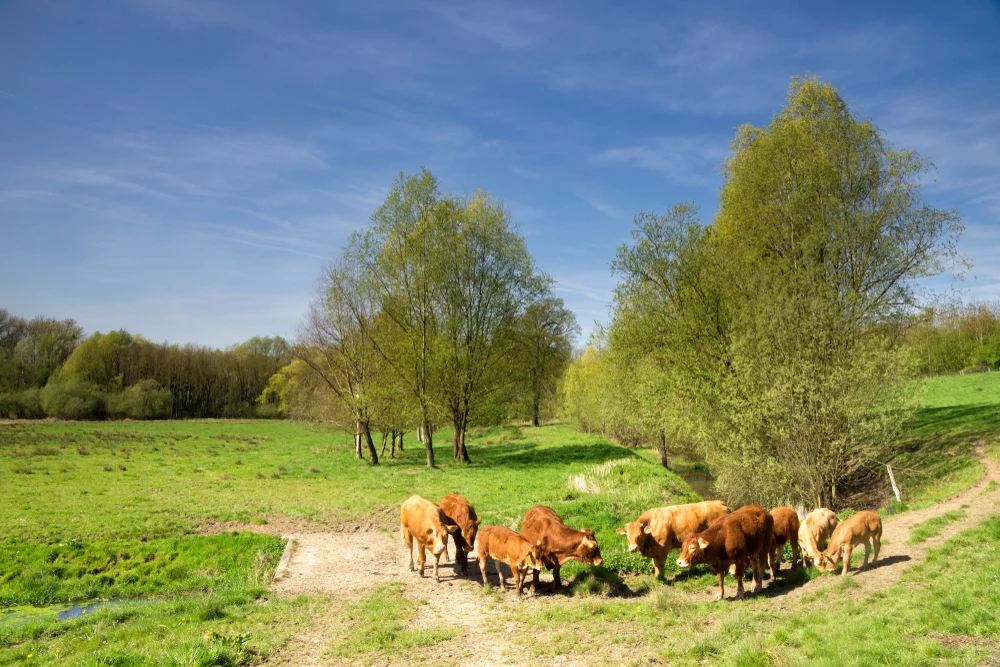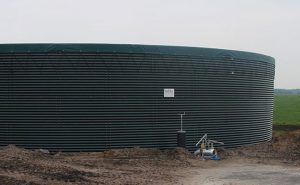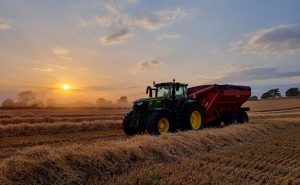Could trees improve your farming services performance?

The role of trees goes far beyond forming the landscape of the British countryside or breaking up urban areas, besides providing the Earth with clean air, trees also do some pretty important jobs which can greatly benefit farmers. Trees perform some vital roles both within the environment but also on farms, which can support the performance of farming services.
Vegetation provided by trees and bushes improve animal welfare and provides crucial homes to wildlife, mitigates the effects of droughts and can help prevent soil erosion and stabilise the ground. Although managing woodland can be difficult and time consuming for farmers, it can be worth the time and effort to preserve and nurture trees on your land.
Arbor management
We are seeing an increasing number of farmers planting trees, compared to removing them; however, a considerable number of farmers are expressing concern over the management and maintenance of the plants and trees on their land. Time is often scarce on a farm and adding another entity to maintain can place further pressure on current farming services and available labour.
Feedback on research which looked at farmers attitudes towards woodland revealed that people are passionate about planting and maintaining trees and hedges; however, they often feel they don’t have expert arborist knowledge to be able to manage them best and realise their potential benefits to the area.
Many are finding that due to previous barriers, brought about by historical farming policies, agriculture and agroforestry have seen a significant divide. This has resulted in the division of skills and the inability to acquire funding and the knowledge of how to maintain them properly.
For farmers to effectively manage woodland, they will need to have access to advice and important information, for them to be able to capture all of the benefits that the trees have to offer, in regards to their farming services. Working with professional bodies, including the likes of the Woodland Trust, will allow farmers better access to information and offer them the capabilities to improve farm performance through better shelters, soil quality improvement and access to the likes of fruit and timber.
Tree disease
Nearly all farmers will peg tree pests and disease as one of the significant and serious reasons why they may steer clear of implementing more trees across their land. Tree disease is a serious threat to the landscape of the UK’s rural areas, in fact out ranking issues such as pollution, new infrastructure and bovine tuberculosis, in a poll from Farmers Weekly insight.
Almost a quarter of farmers have identified the disease known as Ash Dieback as the biggest problem on their farm regarding tree disease, with the problem already present within the woodland on their land. Those who do not currently have problems with tree diseases on their farmland are concerned about the issue, with the acute oak decline and Phytophthora a looming threat to many.
One of the key ways to offset the increased pressure put on plants such as ash is to increase planting to ensure that farmers can mitigate the effects of the disease. Through this, other pressures caused by wildlife can be alleviated and better managed.
Resilience
It has been recognised that farmers would be more inclined to plant more trees and fauna is there were better ways to boost productivity, improve water efficiency and even extend their growing season through increasing the temperature of the soil.
Many farmers are well aware of the benefit to their land and farming services which trees can bring, however, only 11% were aware that this could increase soil temperatures, which had the potential to extend their growing period, and only a further 13% were aware that trees could improve crop water efficiency.
In line with new emissions targets, trees can also reduce the number of emissions produced from livestock housing, offering long-term benefits to the environment and surrounding areas, whilst supporting in meeting the new changes set out in Defra’s July proposal.
Following the problems of drought earlier this year, there has been an increased amount of evidence to demonstrate how trees can reduce water loss in the soil, improve the availability of water to crops and provide shelterbelts. Planting trees should now be part of a standard resilient farming strategy, with the pros rapidly outweighing the cons.





